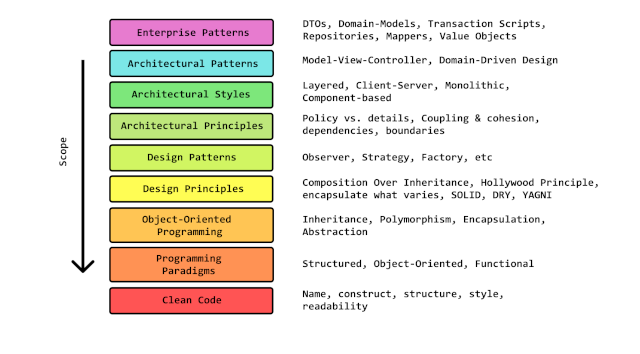
Adopting AI within an enterprise can be methodically approached using the TOGAF framework
Enterprise Architecture (EA) is a discipline that helps organizations align their business and IT strategies. With the rise of Artificial Intelligence (AI), organizations need to rethink their EA practices to effectively adopt and integrate AI capabilities. This article explores how TOGAF, a widely adopted EA framework, can be leveraged to facilitate AI adoption in enterprises. Demystifying AI for Enterprise Architects AI is a broad and rapidly evolving field, encompassing various technologies like machine learning, natural language processing, and computer vision. Enterprise architects need to understand the potential applications, benefits, and risks of AI to make informed decisions about its adoption and integration within the organization. ...




